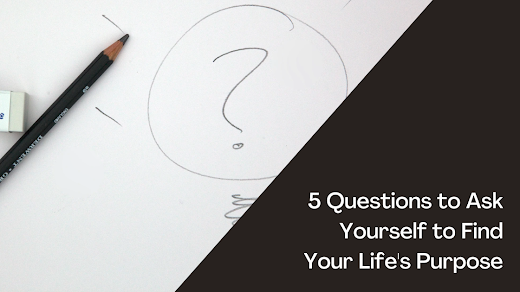When you have an especially difficult or stressful task on your plate, it can be very tempting to avoid completing said task. Or if you don’t like to think about a subject because of an experience, it can seem easier to just not think about that topic. Both of these situations are known as avoidance, and though it may be tempting to engage in this behavior, it causes more stress than it relieves.
You Won’t Stop Thinking About It
If you’ve ever experienced trauma, it can be tempting to avoid all thoughts of things that may remind you of the trauma you experienced. Although this may be less painful in the short run, the truth is, long term, this will stress you out more because the thoughts of your trauma will always return until you genuinely learn to deal with them rather than avoid them. The same holds for certain physical tasks. You may put them off because you don’t want to think about them, but this will only stress you out more because you will have to keep thinking about the task instead of simply completing it now.
You’ll Run Out Of Time
When you put off a task, you may momentarily relieve your stress by telling yourself you will complete the task later. But this is worse than doing the job now because later you will experience more pressure as you are faced with a fast-approaching deadline. This is especially true if you haven’t left yourself enough time to complete the task and have to rush at the last minute.
Avoidance Creates Conflict
Maybe a coworker is waiting for you to complete your work so they can get started on theirs. And if you didn’t leave yourself enough time before the deadline, you may cause them to be late on meeting their deadline as well. This can cause a conflict between you as your coworker may be upset that you made them late. And when you experience conflict in your relationships, this only adds to your overall stress level rather than lowering it.
Although it can be extremely tempting to avoid certain tasks or put them off, this is a flawed approach as it will only cause you more stress in the long run. This is because avoidance doesn’t solve any problems. Instead, it just creates conflict, which leads to increased stress in the future.










